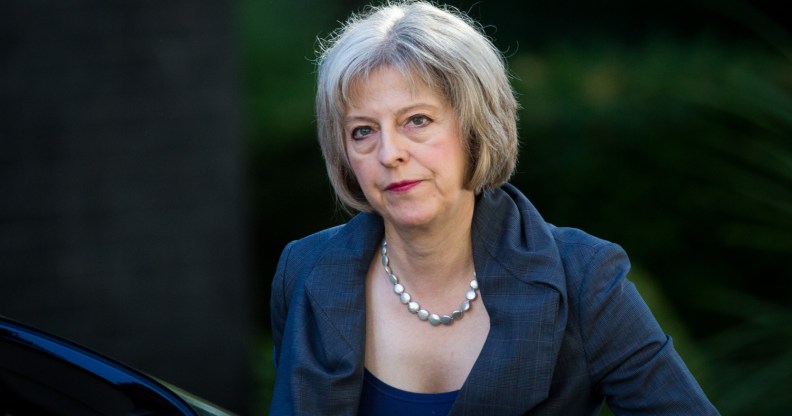Crackdown on poppers and legal highs could have ‘unintended consequences’

Government plans to ban the use of poppers and legal highs are effectively unenforceable, advisers have warned.
A draft bill proposed earlier this year would tackle legal highs by implementing a blanket ban on the sale of “psychoactive substances”, and those found guilty of selling them could face up to seven years in jail.
As well as substances such as nitrous oxide, known as laughing gas, being banned under the proposed laws, amyl nitrite – poppers as they are commonly known – would also be made illegal.
However, the advisory council on the misuse of drugs (ACMD) has written to Home Secretary Theresa May – warning that the proposed law risks criminalising a vast number of young people, who are otherwise law-abiding.
Professor Les Iversen of the ACMD said that the bill could have “serious unintended consequences”, warning that the change in language to cover all psychoactive substances had “widened the scope of the Bill beyond that originally intended”.
He wrote: “It is almost impossible to list all desirable exemptions under the bill. As drafted, the bill may now include substances that are benign or even helpful to people including evidence-based herbal remedies that are not included on the current exemption list.”
Among other concerns, the body wrote: “The Bill has the potential to both criminalise and apply disproportionate penalties to many otherwise law abiding young people and adults.
“An example is a young person being prosecuted for ‘supply and importation’ in a case of ‘social supply’ where a young adult has bought small quantities of Novel Psychoactive Substances on-line on behalf of a group of friends who have ‘clubbed together’.
“The ACMD believes that criminal justice sanctions would be disproportionate to the harm caused by such acts.”

